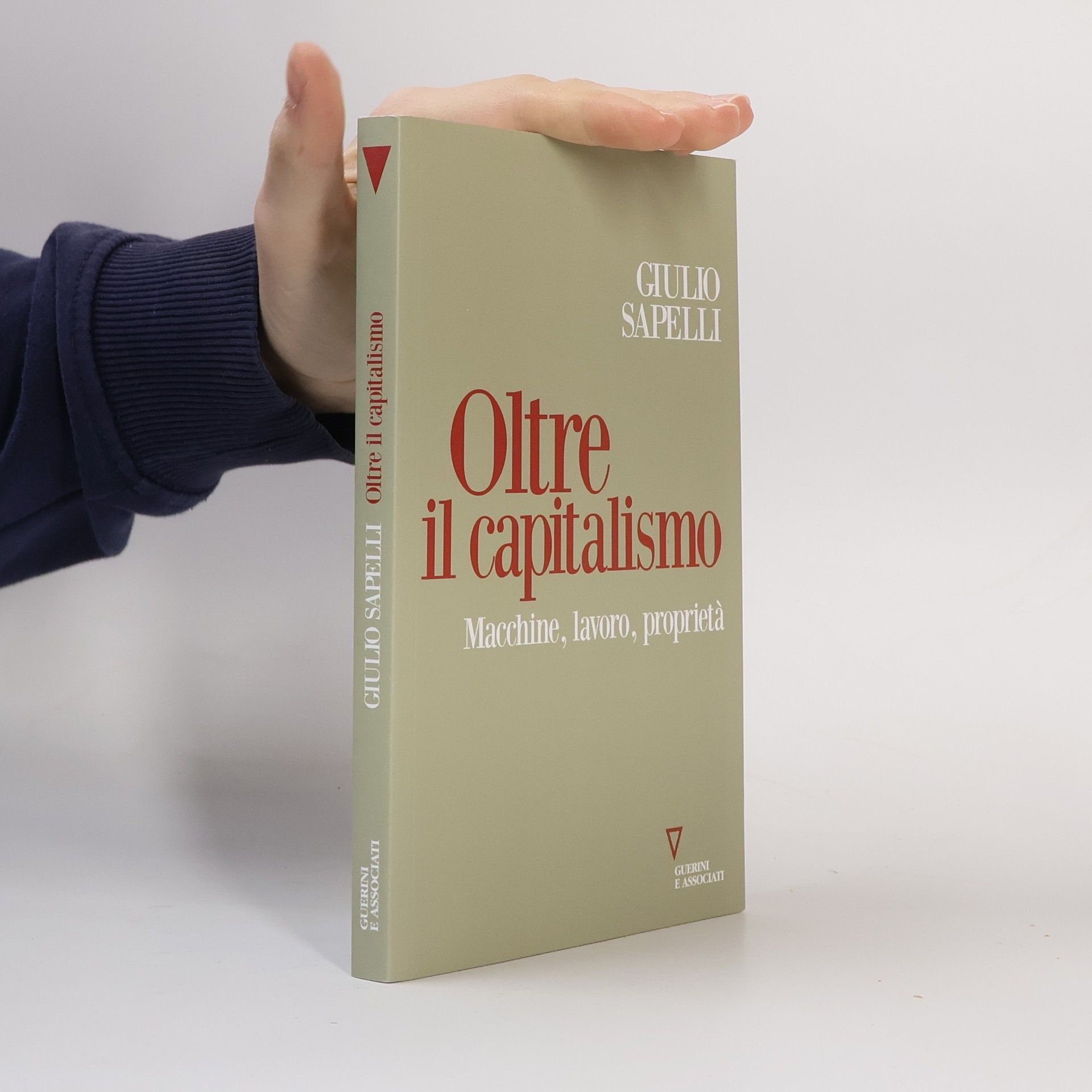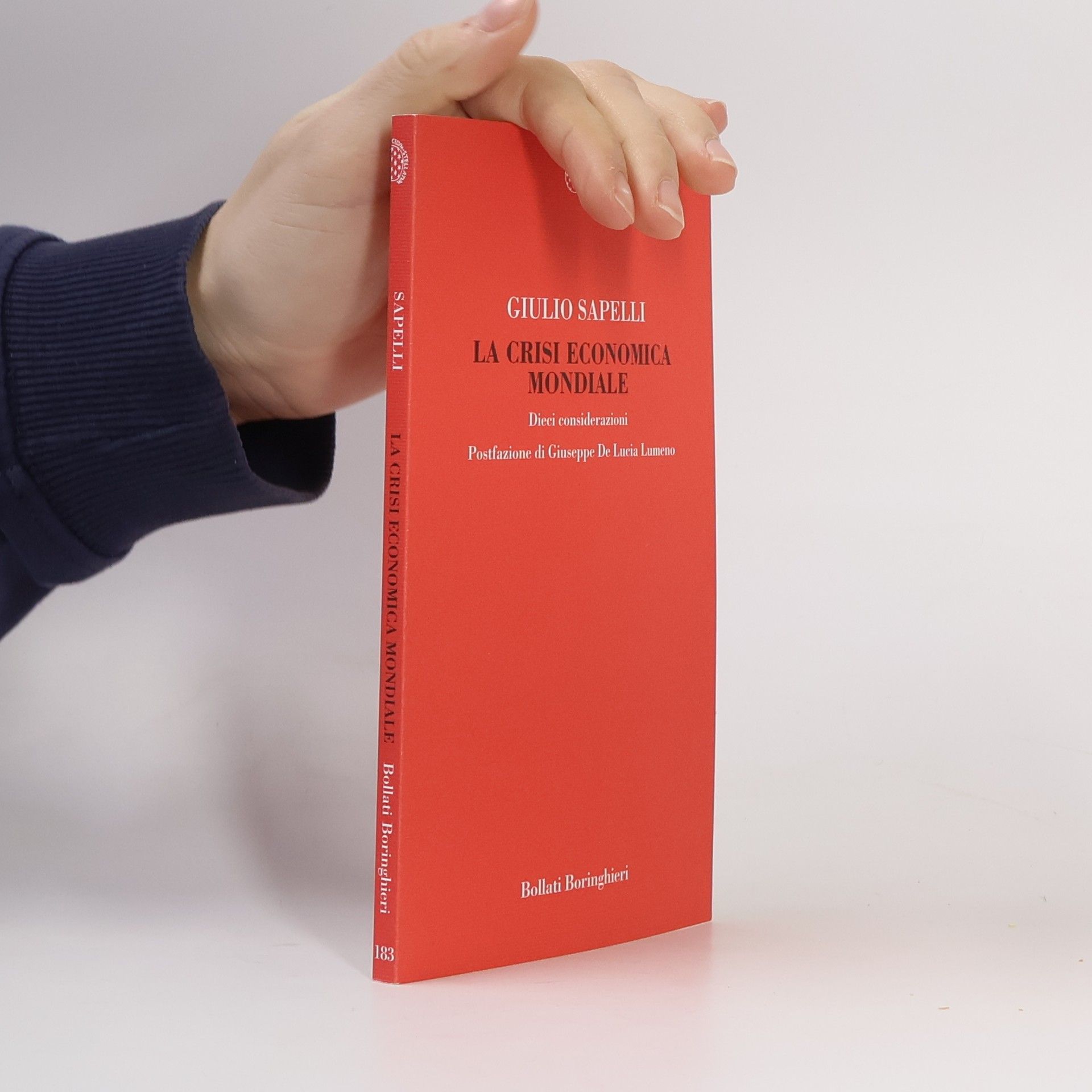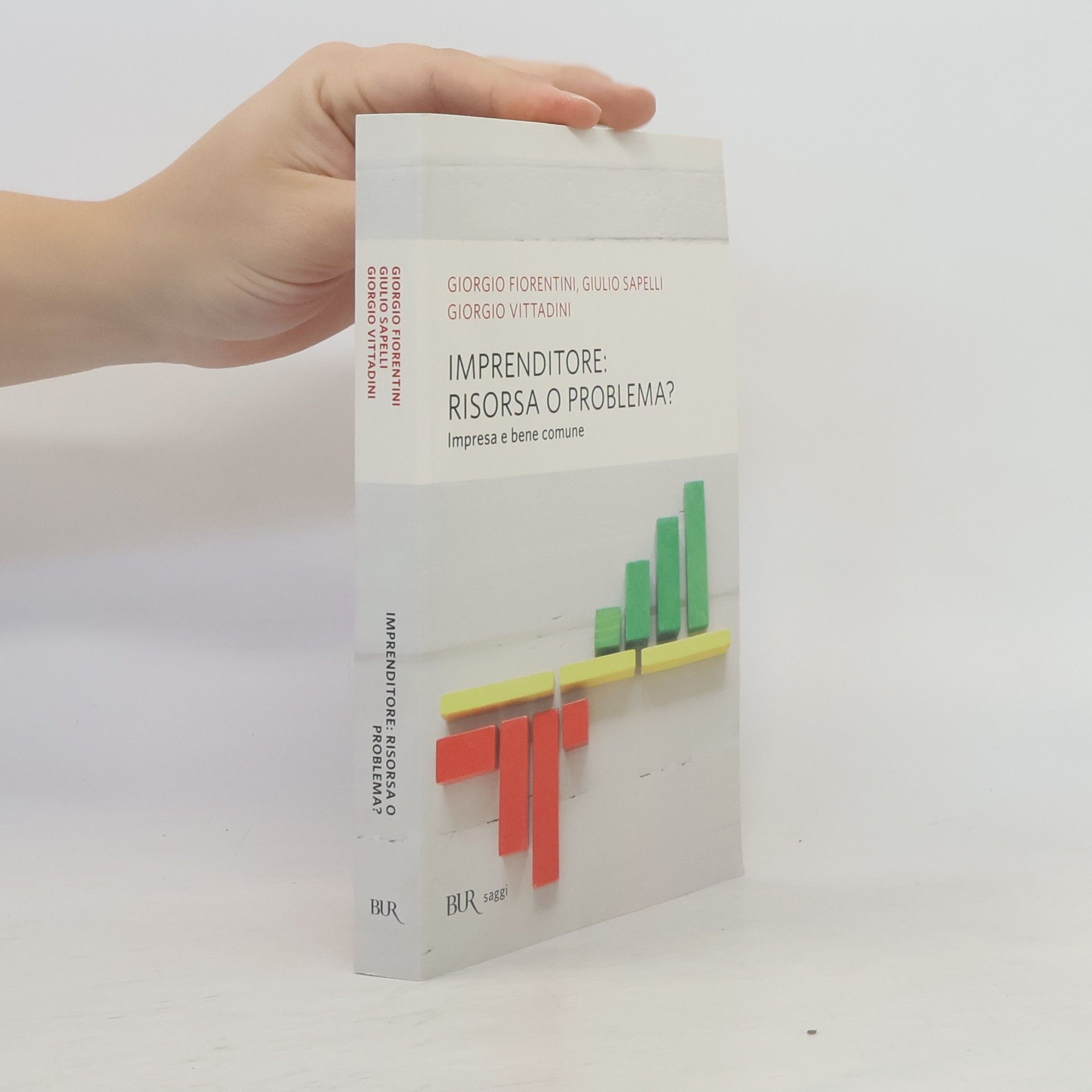Saggi: Imprenditore: risorsa o problema? Impresa e bene comune
- 333pagine
- 12 ore di lettura
Come è cambiata l’attività imprenditoriale negli ultimi decenni in Italia? Qual è il ruolo dell’impresa nella società? Come si mettono in rapporto tradizione e innovazione? Che significato ha per un imprenditore il bene comune? Raccogliendo le riflessioni di alcuni tra i principali imprenditori e manager del nostro Paese – da Oscar Farinetti a Pasquale Natuzzi, da Roberto Snaidero a Pietro Modiano a Giorgio Squinzi –, questo volume riflette sulle profonde trasformazioni che sta vivendo l’industria italiana e indica le possibili strategie per dare vita a una ripresa economica e culturale: considerando il ruolo spartiacque della crisi, gli autori approfondiscono i nuovi modi di fare impresa che stanno sorgendo nel Paese e mostrano da dove ripartire per costruire un’economia che metta al centro il bene delle persone e lo sviluppo della società.



